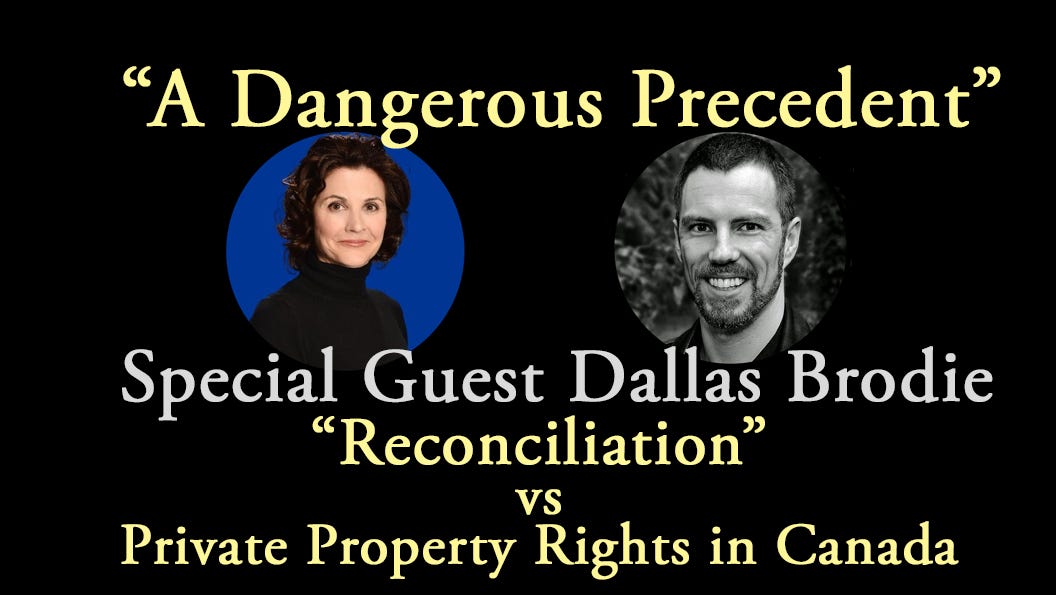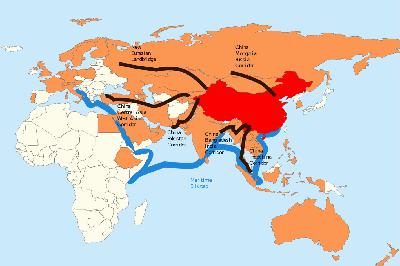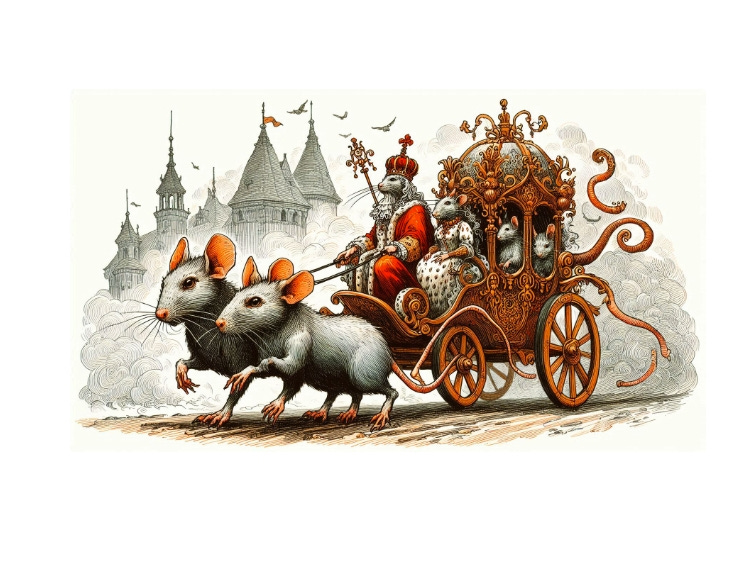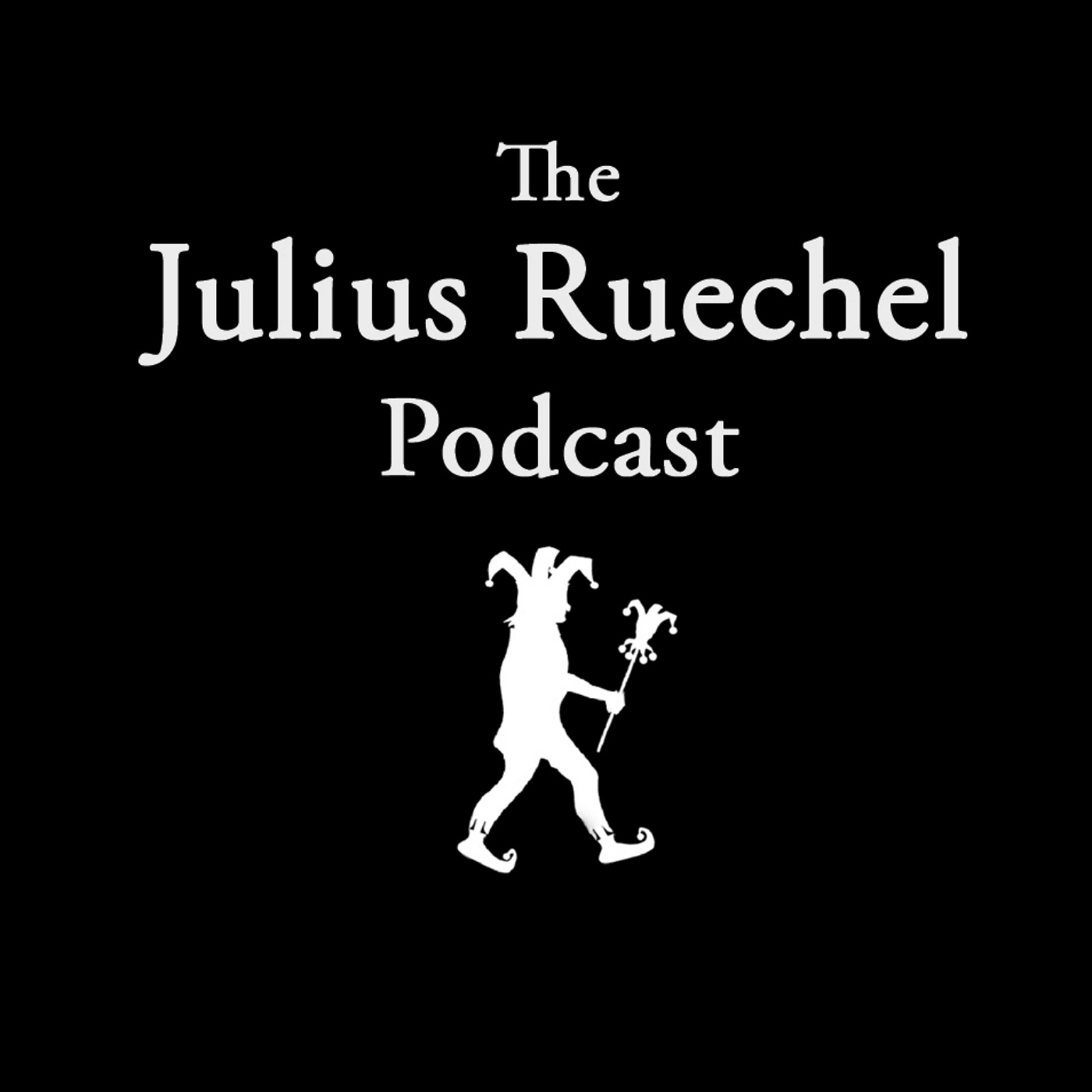The Psychological Unravelling of the West (Part 1) — Why Western Civilization Lost Its Mind
Description
(If you’re reading this in your email browser, I recommend clicking on the title to switch to reading on my Substack (https://juliusruechel.substack.com) because most email programs truncate larger image-rich Substack posts.)
“Men, it has been well said, think in herds; it will be seen that they go mad in herds, while they only recover their senses slowly, and one by one.”
― Charles MacKay, Extraordinary Popular Delusions and the Madness of Crowds (1841)
As society continues to unravel into chaos and dysfunction, it has become amply clear that we are surrounded by a horde of people upon whom evidence and rational debate has no effect.
A lot of ink has been spilled to explain what has gone wrong in society to make people so prone to falling for all the lies and groupthink, why they’ve become so resistant to new evidence, and why their moral compass has been discarded. As many people have commented, “society has gone insane”, people have been infected by a “mind virus” or, as one friend likes to say, “people are not even human anymore.” In other words, what has happened to break people’s minds?
In Part One of this Deep Dive into the unravelling of Western Civilization, I’m going to tease apart the psychological origins of our decline as all the civilizing forces that once kept our feral human nature in check are now breaking down.
In Part Two — Brain Games — I will explore the strange ways in which our brains work, which, when overlaid on the emergent political, institutional, and social crises, explains many of the bizarre behaviours that are boiling out of society.
And in Part Three — A People Unfit for Democracy — I will explore the social cycles that have haunted humanity since the dawn of time as different forms of government rise, grow stale, and get replaced by the next stage in the cycle — and the implications for our own era as our corrupted democracies teeter on the brink of exhaustion.
~ ~ ~
One of the most compelling explanations offered during the Covid era came from Belgian professor of clinical psychology, Mattias Desmet. In his book, The Psychology of Totalitarianism, he laid out four psychological conditions to explain why society — allegedly — becomes vulnerable to mass hysteria and willing to surrender its freedoms to some cause, leader, or government:
1) a lack of societal bonding (i.e. loneliness, lack of community),
2) a sense that lives have no meaning or purpose (i.e. sleeping walking through dead-end jobs),
3) free floating anxiety (i.e. a persistent sense of foreboding about the future not tied directly to any specific situation or object, recognizable in modern society by skyrocketing levels of depression and an unprecedented mental health crisis),
4) and chronically high levels of frustration and aggression in everyday life.
By this tidy explanation, societal conditions created a perfect storm of psychological pressures to break people’s minds and turn once-functional human beings into a rabid easily controllable mob.
It’s easy to find evidence that seems to support that theory — financial stress, the rise of corporatism, over-taxation and over-regulation, cultural erosion, mass migration, post-nationalism, nonstop fearmongering propaganda about everything from viruses to climate change to the Bad Orange Man, the caustic influence of feminism, the seductive lure of socialism, the breakdown of the family structure, the decline of religion, poor quality education, overcrowding in cities, and so on and so forth.
However, science doesn’t progress by finding evidence for a compelling theory, but rather by putting that theory to the test by searching for evidence to try to disprove it. It doesn’t matter how much evidence you accumulate to support an idea, it only takes a single piece of counterevidence to blow that theory apart.
Desmet’s explanation rests on the unspoken assumption that rational, logical, evidence-based functioning minds have been broken by current societal conditions. And yet, merely writing that last sentence injects the first whisper of doubt because anyone who has ever observed any member of our human species in its natural habitat is keenly aware that humans are a permanent bundle of irrational emotions, inconsistent thought processes, vicious tribalism, and mob behaviours. Our flawed human nature is perhaps the only thing you can count on to remain unchanged throughout history.
History is one long never-ending stream of moral panics, mob psychology, groupthink, social contagion, mass hysteria, popular delusions, superstitions, tribal hatreds, and the attraction to ideological crusades and strongmen. Even the so-called “golden eras” when society was stable and strongly rooted in its culture were no less prone to these impulses as some madness could erupt spontaneously, seemingly out of nowhere, and at any moment. From the Salem witch trials, to the tulip mania during the Dutch Golden Age (17th century Holland), to modern stock market bubbles, to the “Satanic day care panic” of the 1980s, the “Tickle Me Elmo” craze in the late 90s, to lynch mobs, to pogroms, and even to ridiculous fashion trends, the examples of moral panics, mob psychology, and wholly irrational societal obsessions are endless. It’s who we are as a species.
So, the idea that societal conditions broke people’s minds falls flat when we face up to the fact that people’s minds are, even at the best of times, anything but sane, logical, and rooted in evidence-based thinking. There has always been an irrational, vindictive, and ignorant mob — if anything, the only real and much simpler question is ‘why did the irrational mob become focused on the current set of destructive ideas instead of something else?’
Even the scientific community, which supposedly dedicates its life to evidence-based research and evidence-based debate, has proven time and time again that it is no less prone to succumbing to endless mad and destructive fallacies that spread like wildfire throughout the scientific community (and beyond) even when the evidence should have changed minds long ago, like the Martian Canals theory that persisted into the 20th century long after better quality telescopes had been invented, miasma theory, eugenics, Lamarckism, the recently-debunked 60-year panic about dietary cholesterol causing heart disease, the now-discredited 19th-century climate theory that the “rain follows the plow” (which I wrote about in my book, Plunderers of the Earth), or the ongoing climate hysteria of today.
Tenured academia — the supposed bastion of rational thought — is also ironically where the ideas and support for most authoritarian social engineering projects usually originate.
And once these ideas take root, they are shockingly resistant to evidence and logic.
The tribalism that erupts inside the scientific community as the “consensus” closes ranks against dissident voices is also no less feral in its consequences — a particularly famous example is what happened to Professor Ignaz Semmelweis in the late 19th century, in the era before germ theory, when he noticed that doctors were killing women during childbirth by not washing their hands in between dissecting corpses and delivering babies. He proposed the controversial idea that doctors should wash their hands after conducting autopsies and before going to the delivery room, for which he was viciously vilified, ostracised, and ultimately committed to a mental asylum against his will by his own colleagues, where he was beaten up by the guards and died from a gangrenous wound that resulted from the beating.*
It would seem that much of our thought processes — even at the best of times, even among those whose entire careers are dedicated to evidence-based thinking, and even in social classes that don’t fit any of Desmet’s criteria — are no less governed by emotions, ego, tribal allegiances, self-interest, prejudice, and peer pressure, rather than by rational evidence-based thought as we would like to believe. It doesn’t take any of Desmet’s four criteria to turn supposedly reasonable, rational, logical men into feral mobs willing to follow their leaders over a cliff.
Civilization is not the natural state of human affairs. It is the product of a slow, difficult, tedious cultural and institutional evolution, which tempers our raw emotions and keeps our destructive human nature at bay. And so, as we try to understand what has gone wrong in society, we have cause-and-effect reversed — civilization is not breaking down because we’ve lost our minds; it’s the opposite — as the civilizing forces that restrain our feral natural instincts are corrupted and fall away, we are being revealed for who we really are — feral, mean, vicious,
























